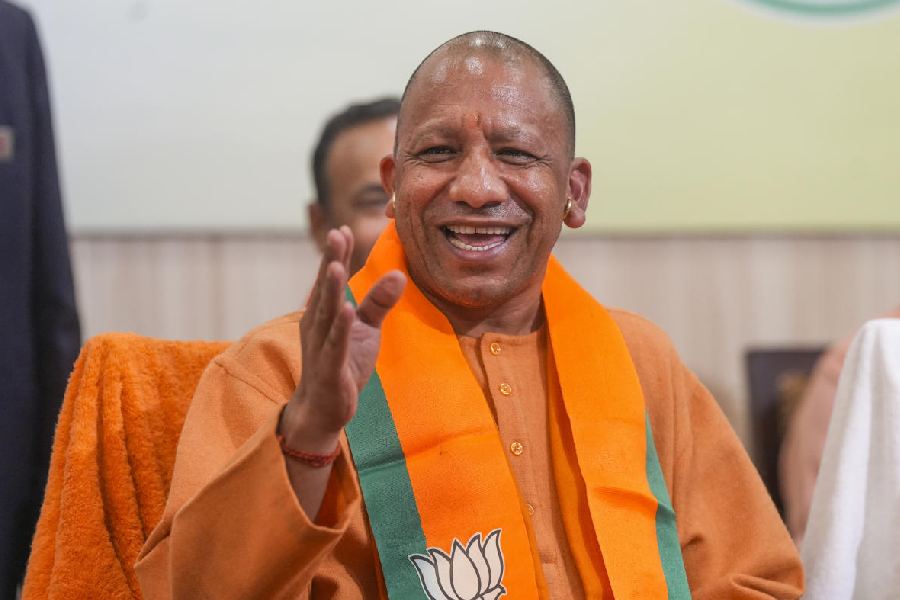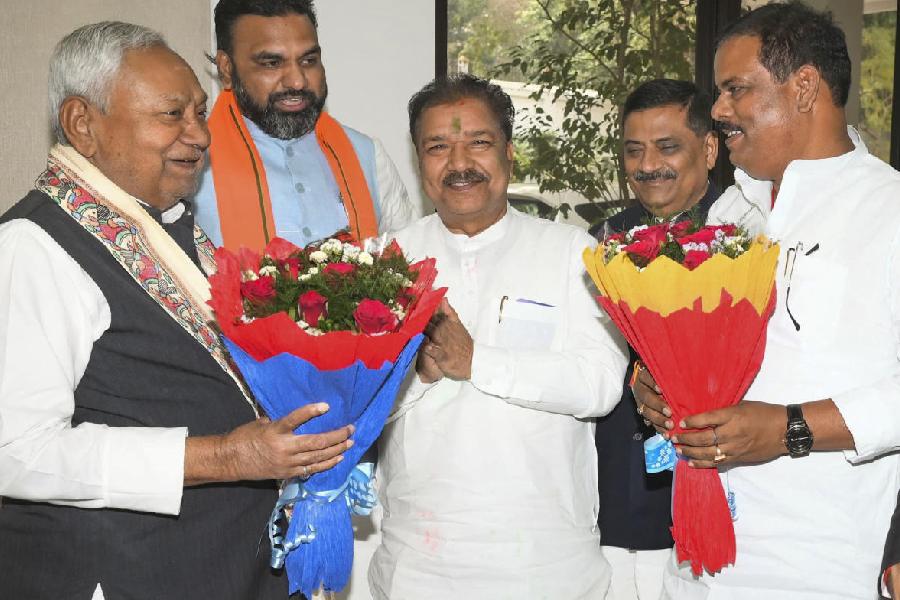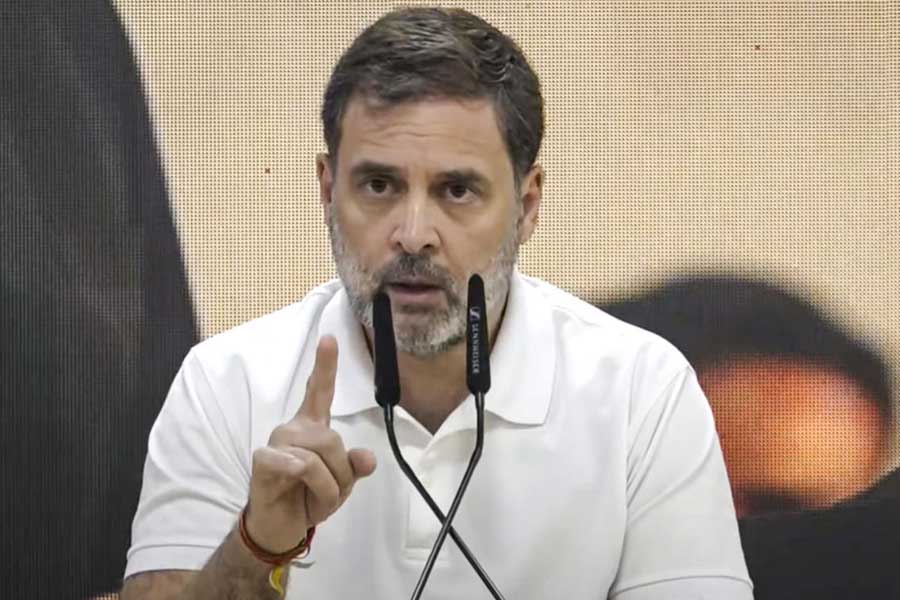The question of quotas has spun out into a history of unending debate. The constant uncovering of groups still marginalized may certainly prompt re-evaluations. But a passion for social justice is not the only reason for the reservations pot to keep boiling; political parties have a lot to do with that. Predictably, a number of points for discussion emerged from the Supreme Court hearings on the Maharashtra government’s decision to provide quotas for Marathas that would overtake the mandated 50 per cent limit. Percentages, categories of reservations and the respective rights of the states and the Centre to decide on these comprised the theme of the arguments in court. In this context, the court reportedly asked why affirmative action should be limited to quotas; ‘something more’ had to be done. There was a need to move forward from the ‘matrix’ of reservations: promoting education and establishing more institutes would take affirmative action further.
By focusing on education, the court’s comment underlined a central feature of affirmative action. Ensuring an equal spread and quality of education would be a huge stride towards levelling the field. Although this would not immediately address the inadequacy of representation in jobs and administration, which quotas are expected to do, it would be a certain, if slower, route towards equality in the long run. Limiting affirmative action to reservations has reduced social justice to political competition, while the lack of timed review of reserved groups is causing deep divisions in society — between as well as within castes and classes. Besides, studies show that the most underprivileged still have little or no access to quota benefits. Education, independent of quotas, would cut through the tangle of competing interests. Each state has a different set of underprivileged and historically marginalized or oppressed people. Teaching programmes could be designed to meet the different needs of their children. Freed of constitutional and legal mandates for quotas, states could select educationally and socially backward groups too, without controversy. What such a vision assumes is, first and foremost, political will — not the will of political parties — for the programme to take off. Economic strength as well, of course, but ways would open up in the face of a hard push for equality and justice. India must wait for that.











